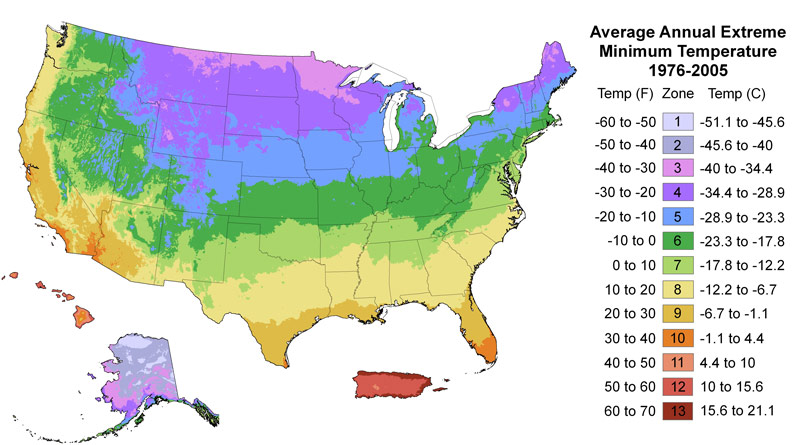Cape Leadwort-Plumbago Auriculata
A versatile evergreen shrub known for its enchanting blue or white flowers. It blooms year round and makes for a captivating addition to any garden, lending a touch of elegance and color.
General Plant Information
Plant description:
Cape Leadwort, scientifically known as “Plumbago auriculata” is a popular choice for gardens and landscapes due to its striking blue or white flowers and green foliage. An evergreen shrub that reaches a height of 10 feet, but can clipped to keep a lesser size. The plant has lance-shaped, dark green leaves on the stalks. The most striking feature of Cape Leadwort is its clusters of tubular, five-petaled flowers, which can be either blue or white. These flowers are about 1 inch (2.5 cm) in diameter and are typically in bloom throughout the year in suitable climates.
This plant requires little upkeep. It does well in either full sun or light shade. Although it can handle a wide range of soil types and likes well-draining soil, it performs best in slightly acidic to neutral soil. Regular watering is necessary during the growing season. Some Cape Leadwort types, especially the blue-flowering variety, give off a nice aroma that increases their appeal in the garden. Warm, subtropical climates work well for this plant. USDA hardiness zones 9 to 11 are suitable for growing it. It can be cultivated in containers and kept indoors during the colder months. Despite the fact that this plant is mostly non-toxic, it is vital to be aware that some people may develop skin sensitivity while touching the plant.
Uses:
This shrub is perfect for various landscaping applications. It serves as an eye-catching standalone ornamental, ideal for hedges, borders, and pots. It’s salt tolerance makes it an excellent choice for coastal gardens.
History:
The Cape Leadwort, native to South Africa, has a rich horticultural history. It has a symbolism for cultural significance, featuring in art, literature, and traditional practices. Its timeless beauty continues to inspire gardeners worldwide.
Size and Shaping:
Maintaining the size and shape of your Cape Leadwort is simple. Prune as needed, especially after flowering, to encourage a bushy growth habit. Regular pruning can help preserve its form and appearance, making it a striking addition to your garden or landscape design.
Additional Information
Plant Care Information
Limited Guarantee and Returns
Compatibility
The two factors that determine if a deciduous fruit trees will grow well and produce fruit in a certain area are the Chill Hour Requirement and the Cold Hardiness. “Chill hours” are the amount of cold a deciduous fruit tree need to produce fruit. This is measured in the number of hours below 45 degrees Fahrenheit a plant must experience during its winter dormancy. Paradise Nursery only grows Low Chill fruit trees that meet the chill requirements of all areas of the United States.
The second factor is Cold Hardiness. Cold Hardiness refers to the minimum temperature a plant can tolerate. The USDA’s Cold Hardiness Zones indicate the average minimum winter temperatures of areas. Based on the shipping zipcode, our website will only allow you to add plants to your cart that grow within your USDA Hardiness Zone, and tolerate your climate.
Pollination & Propagation
(Grafting/Cutting) Most of Paradise Nursery’s edible plants are self-fruitful. Self-pollinating trees do not require an additional tree to produce fruit. For your convenience, we have indicated which trees require a pollinator, and their associated pollinators. Only the sweet cherries, avocados, and some plums require a pollinator. All of our other propagated edible plants do not require a pollinator. All of our edible plants are either grown from cuttings, budded, or grafted. This way, we can ensure that our plants are high quality and fruit immediately. Plants will generally begin fruiting within a year of planting.








